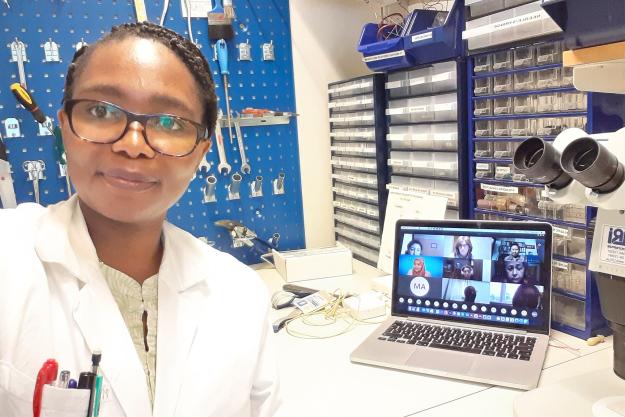
THE HAGUE, Netherlands–2 July 2021–Female chemists from around the world met online at the 5th Symposium on Women in Chemistry organised by the Organisation for the Prohibition of Chemical Weapons (OPCW) on 1 July. The theme of this year’s event was “Fostering a Culture of Promoting Peaceful Uses of Chemistry”. The symposium was dedicated to promoting equal roles and opportunities for women in the peaceful application of chemistry.
OPCW’s Deputy Director-General, H.E. Ms Odette Melono, stated in her opening remarks: “Women have contributed to the chemical sciences throughout history, but for centuries they did so largely unseen and unheard. Women are now, however, heading multinational chemical companies, leading chemical societies, and steering cutting-edge research. Despite this progress, we still have a long way to go as women remain under-represented in every aspect of the scientific world.
“The OPCW works to strengthen women’s awareness of the peaceful uses of chemistry, promote the wide range of OPCW capacity building programmes available to them, as well as supply an interactive forum to share experiences, build networks, and advance careers. We are proud to have accomplished gender parity in our senior management structure and are committed to achieving gender balance across the whole Organisation.”
The OPCW Technical Secretariat described the Organisation’s activities in support of gender mainstreaming and highlighted opportunities for women to join OPCW’s capacity building programmes. The OPCW is part of International Gender Champions initiative, a leadership network that brings together decision-makers to break down gender barriers and make gender equality a working reality.
The participants discussed how to engage more women in the international endeavour to prevent the re-emergence of chemical weapons and to bring the benefits of peaceful chemistry to all. They exchanged ideas on how to forge networks of support and cooperation to build their knowledge and skills for positions in international organisations, government, industry, and academia.
The OPCW Technical Secretariat collected feedback that will help in designing new initiatives for female professionals. One of the attendees stated: “This is my first time attending the OPCW Women in Chemistry Symposium. All presentations were of relevance to me, since I am a young chemist now setting out to see what a career in chemistry has in store for me. I am interested in the programmes, funding, and workshops to develop my chemistry knowledge to apply myself better at my workplace in my home country. Thank you for this opportunity.”
The event, financially supported by the European Union, gathered 172 scientists, diplomats, academics, and chemical industry representatives from 64 OPCW Member States: Afghanistan, Algeria, Argentina, Australia, Azerbaijan, Bahamas, Bangladesh, Belarus, Botswana, Brazil, Burundi, Cameroon, Chile, China, Colombia, Costa Rica, Cote d’Ivoire, Croatia, El Salvador, Eritrea, Ethiopia, France, Georgia, Germany, Ghana, Guatemala, Guyana, India, Indonesia, Iraq, Ireland, Italy, Jordan, Kenya, Lebanon, Luxembourg, Malawi, Malaysia, Mali, Mexico, Morocco, Myanmar, Nicaragua, Nigeria, Pakistan, Peru, Philippines, Poland, Portugal, Romania, Saint Vincent and Grenadines, Samoa, Serbia, Seychelles, Sierra Leone, South Africa, Thailand, Togo, Turkey, Ukraine, the United States of America, Uruguay, Uzbekistan, and Zambia.
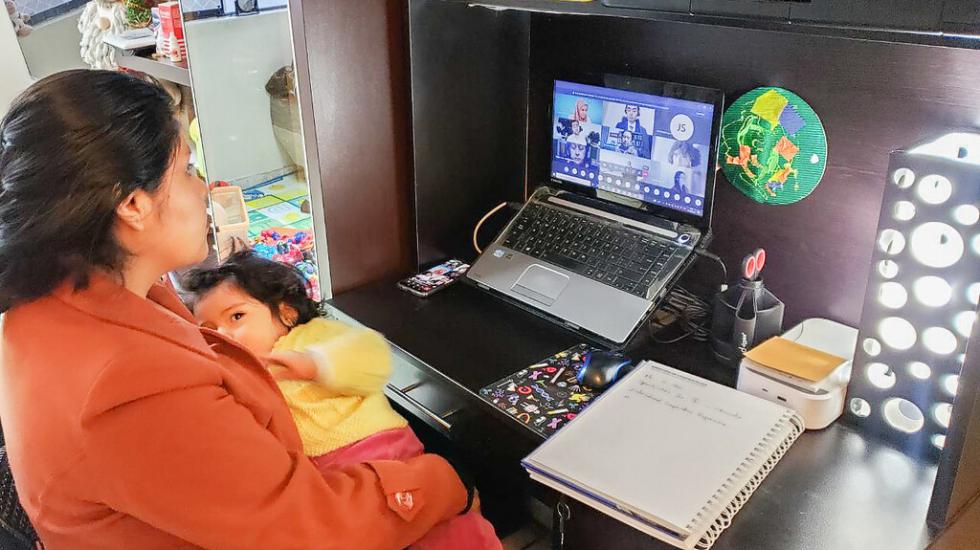
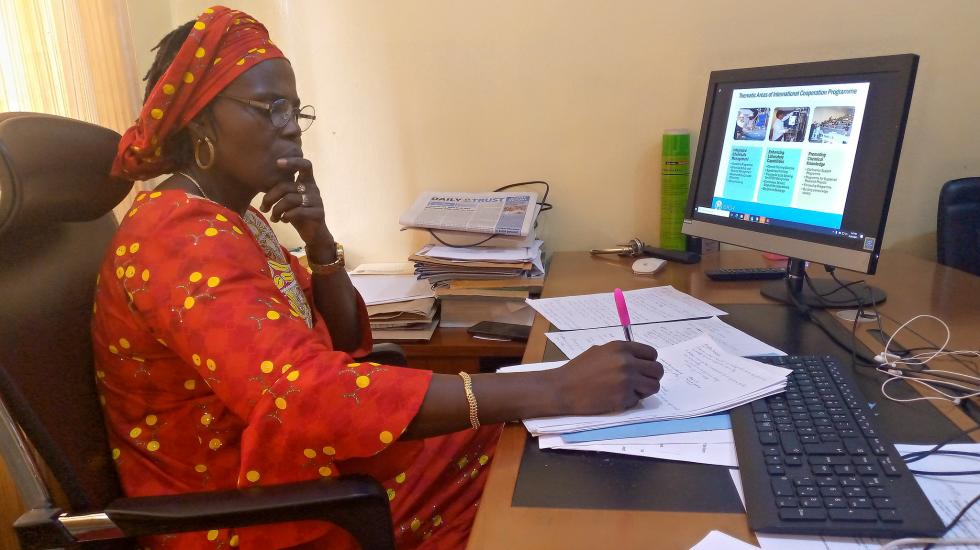
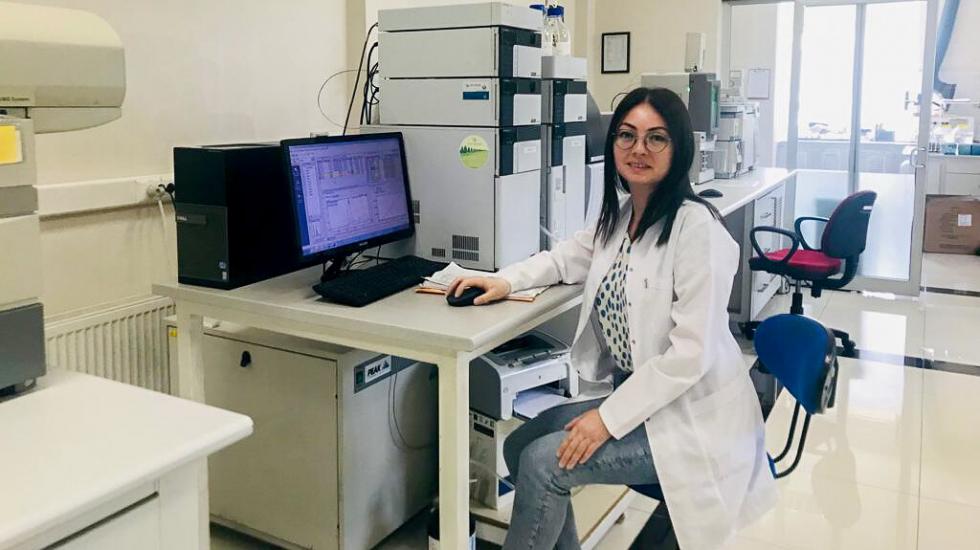
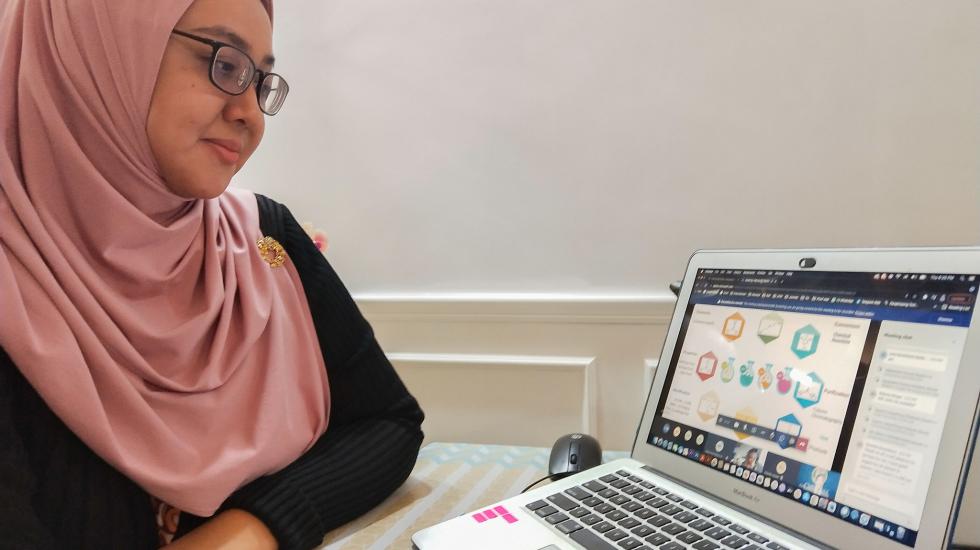
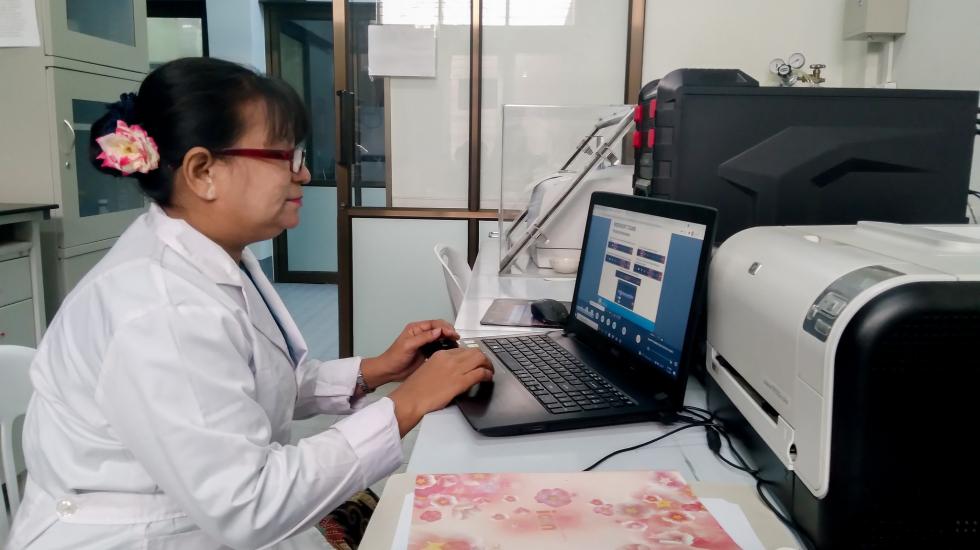
Background
OPCW’s initiative on Women in Chemistry was launched in 2016 to attract women from government, chemical industry, and academia to promote the strength and depth of women’s contributions to the peaceful uses of chemistry.
The symposium serves as a platform for women chemists around the world to share and discuss the challenges and opportunities experienced by women working in chemistry-related fields and to stimulate networking and cooperation in promoting gender equality and empowerment.
As the implementing body for the Chemical Weapons Convention, the OPCW, with its 193 Member States, oversees the global endeavour to permanently eliminate chemical weapons. Since the Convention’s entry into force in 1997, it is the most successful disarmament treaty eliminating an entire class of weapons of mass destruction.
Over 98% of all declared chemical weapon stockpiles have been destroyed under OPCW verification. For its extensive efforts in eliminating chemical weapons, the OPCW received the 2013 Nobel Peace Prize.
